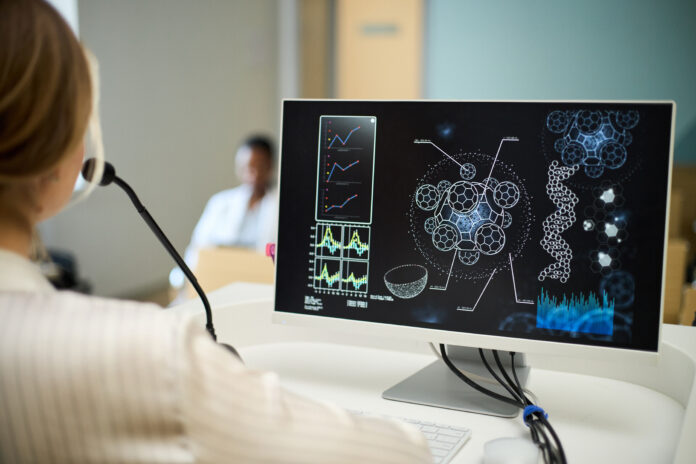The Genomic Revolution in Patient Care
The traditional model of healthcare has long relied on standardized treatments based on population averages. For decades, patients with similar symptoms received similar therapies, often with variable results. But the landscape is shifting. A silent revolution is underway in hospitals, laboratories, and data centers across the globe. At the heart of this transformation is the science of genomics, which is ushering in a new era of precision medicine an approach
that tailors diagnosis, prevention, and treatment to the individual’s genetic makeup, lifestyle, and environment.
Precision medicine is not science fiction. It is already saving lives. In oncology, for example, genetic testing is now used to identify mutations in tumors and select targeted therapies that are far more effective than traditional chemotherapy. In cardiology, genetic screening can detect inherited heart disorders even before symptoms appear, allowing for early intervention. In rare diseases, where conventional diagnosis can take years, whole-genome sequencing has provided clarity, options, and hope for patients and families.
What sets this approach apart is its ability to go beyond symptoms and look at the molecular roots of disease. A patient with lung cancer is no longer treated as a generic case, but as a person whose tumor may carry specific mutations that respond to certain drugs and not others. Similarly, pharmacogenomics, understanding how genes affect a person’s response to medications, is helping doctors avoid adverse drug reactions and fine-tune dosages with far greater accuracy.
The driving force behind these advances is the rapid decline in the cost of genome sequencing. What once cost millions of dollars can now be done for less than the price of a smartphone. Combined with advancements in data analytics, cloud computing, and artificial intelligence, entire health systems are now beginning to integrate genomic data into clinical workflows.
Governments and institutions are taking note. The United Kingdom’s National Health Service (NHS) has launched the Genomic Medicine Service to bring precision medicine into mainstream care. The United States has invested heavily in the All of Us Research Program, aiming to sequence over one million Americans to build a diverse genomic database. Countries like China, Singapore, and Australia are developing national genomics strategies as part of their public health planning.
However, translating genomic insights into clinical care at scale is not without obstacles. One challenge is infrastructure. Precision medicine requires advanced diagnostic labs, trained genetic counselors, secure data storage, and integrated health IT systems. Another is equity. Without careful design, precision medicine risks becoming a luxury for the wealthy rather than a right for all. The global disparity in genomic data, heavily skewed toward populations of European descent, raises concerns about representation and relevance in diagnostics and treatments.
Ethical and privacy concerns also loom large. Genomic data is deeply personal. Questions around consent, data ownership, and potential misuse by insurers or employers must be addressed with robust regulation and public dialogue. Trust is not an optional feature in this field, it is foundational.
For Sri Lanka and other developing countries, the genomic revolution presents both opportunity and challenge. On one hand, the country could benefit from international collaborations, public-private partnerships, and open-source platforms to fast-track genomic integration into healthcare. On the other, it must invest in foundational capabilities, biomedical education, local research programs, and regulatory frameworks, before precision medicine can be adopted at scale.
The potential rewards are enormous. A precision medicine approach could help reduce the burden of non-communicable diseases, which account for over 75 percent of deaths in Sri Lanka. It could enable earlier detection of hereditary cancers, improve outcomes in diabetes and cardiovascular disease, and enhance maternal and child health. More importantly, it could allow for a healthcare model that treats patients as unique individuals rather than averages.
The journey to precision medicine is still in its early stages. But the science is no longer experimental. It is becoming practical, affordable, and increasingly central to modern healthcare. As the cost of inaction grows, both in missed diagnoses and misaligned treatments, the question for policymakers, healthcare leaders, and institutions is no longer if we should embrace precision medicine, but how quickly we can make it accessible, equitable, and ethical for all.




